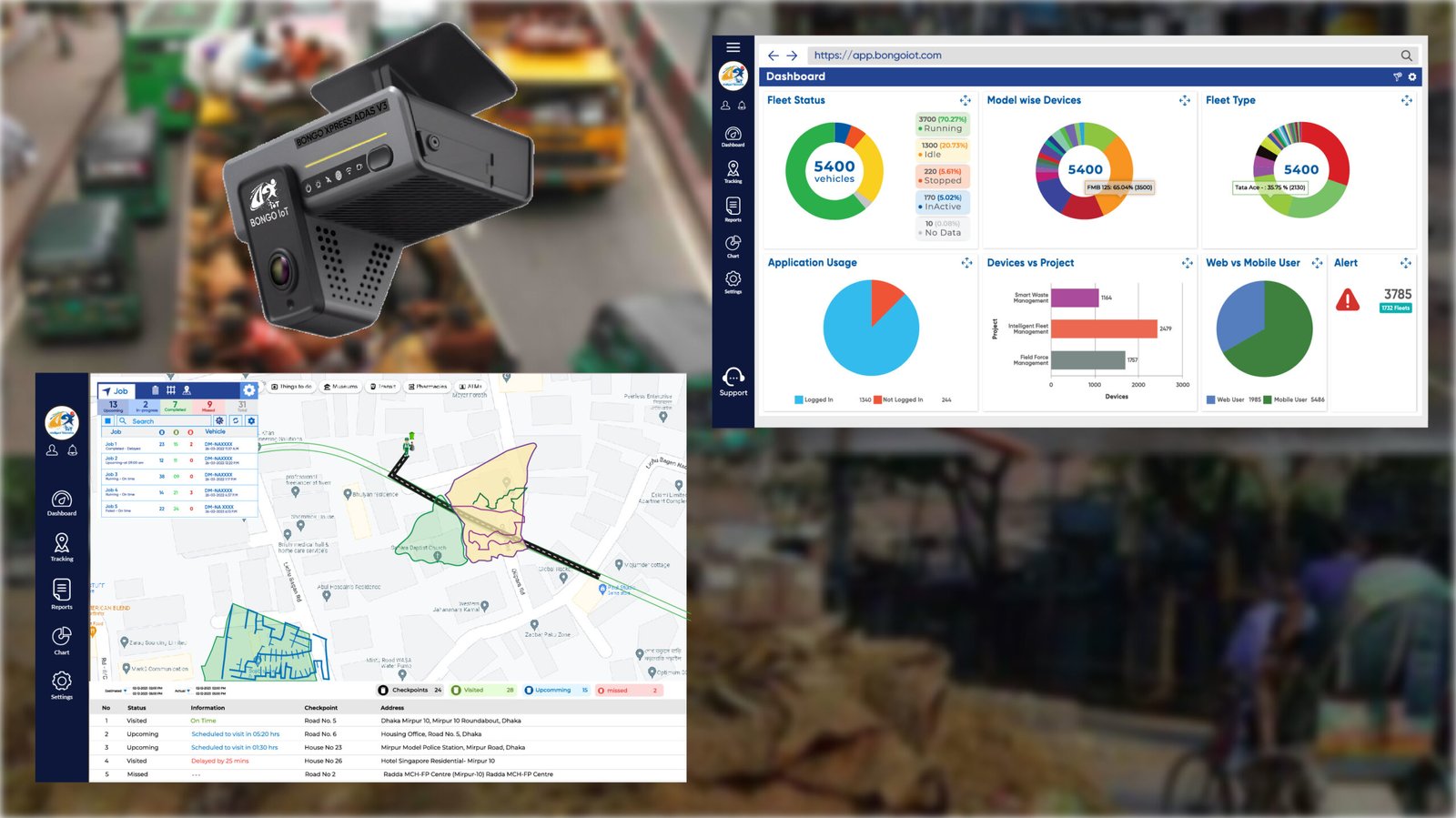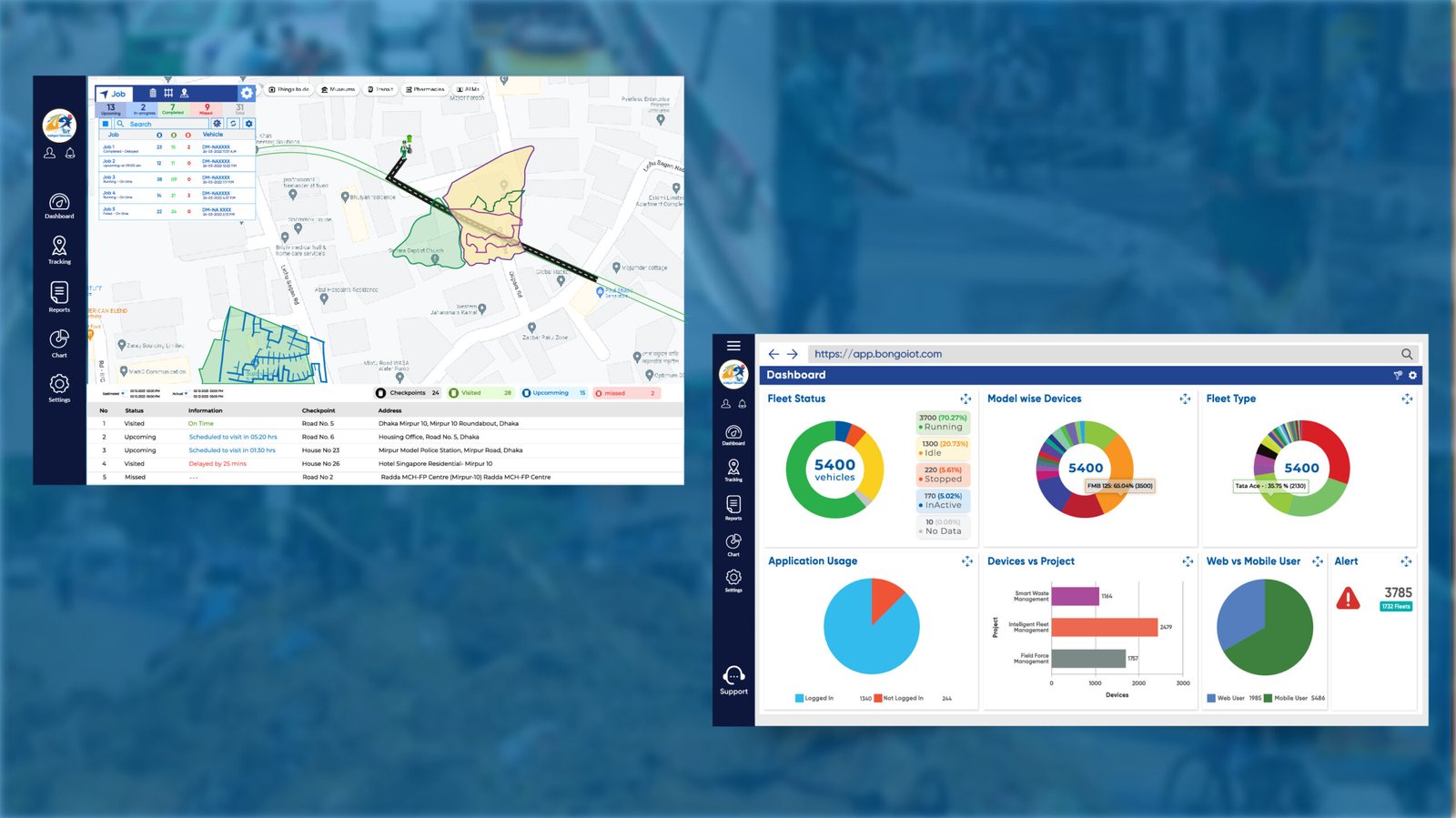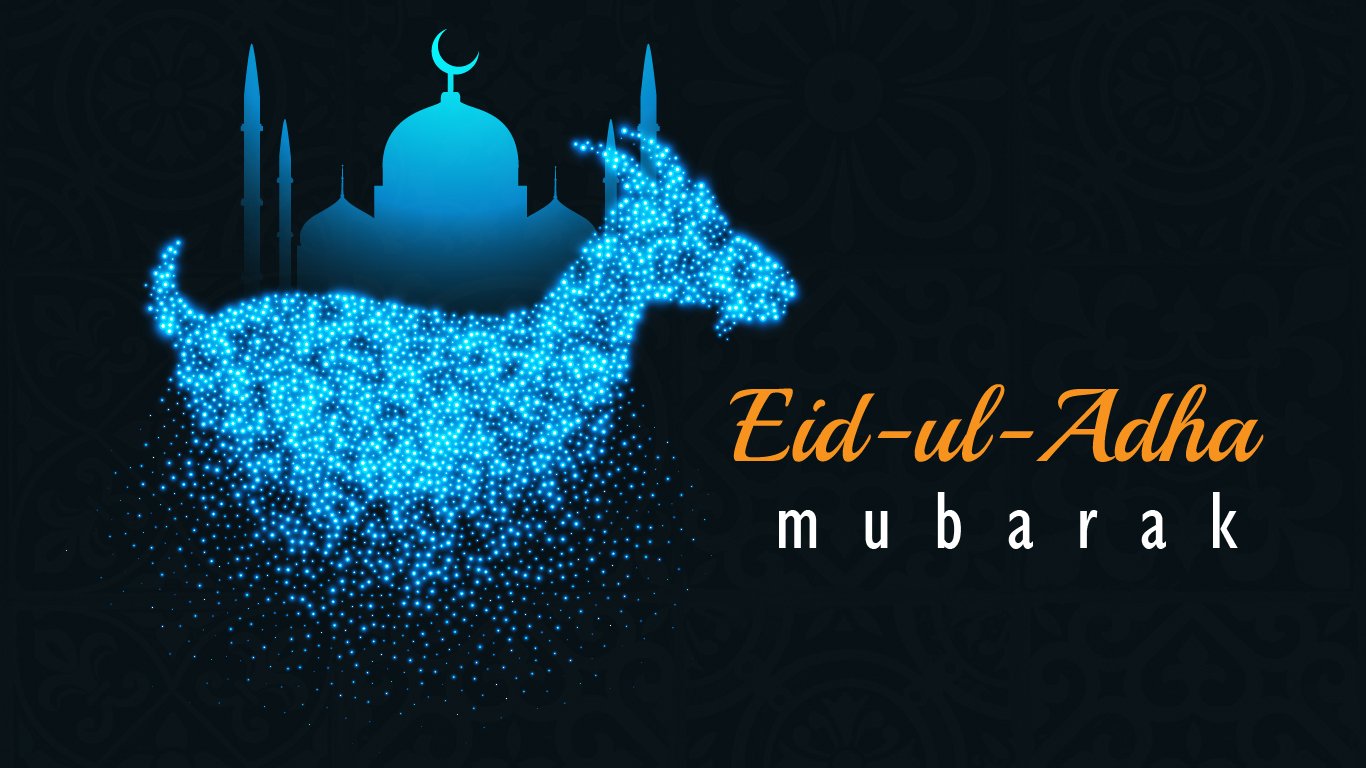Understanding Eid-ul-Adha in Bangladesh: The Festival of Sacrifice
Eid-ul-Adha, known as the Festival of Sacrifice, holds immense significance in Bangladesh, as it does in the wider Muslim world. It commemorates the willingness of Prophet Ibrahim (PBUH) to sacrifice his son as an act of obedience to God, who then provided a ram to be sacrificed instead. During this festival, Muslims in Bangladesh engage in special prayers, exchange greetings, and share meals with family and friends. Central to the celebration is the tradition of Qurbani, where livestock such as cows, goats, or sheep are sacrificed, and the meat is distributed among family, friends, and the less fortunate, emphasizing charity and community support.
A Stress Test for Dhaka’s Roads
The period leading up to Eid-ul-Adha sees Dhaka, the bustling capital, undergo a significant transformation. Millions of residents migrate from the city to their ancestral homes in the countryside to celebrate with extended family. This mass exodus is matched by the influx of livestock being transported into Dhaka for the Qurbani ritual. The simultaneous departure of people and arrival of livestock creates a unique logistical challenge, severely straining the city’s transportation infrastructure. Roads become congested with vehicles carrying travelers out of the city and trucks bringing in cattle, leading to traffic jams and long delays. Temporary livestock markets set up across Dhaka further add to the chaos, creating a bustling yet hectic atmosphere.
This annual migration and the accompanying logistical challenges underscore the need for effective traffic management and infrastructure planning to ensure a smooth and safe celebration of Eid-ul-Adha in Bangladesh. Despite the difficulties, the festival remains a time of joy, reflection, and communal harmony, celebrating the values of sacrifice, compassion, and devotion.

Challenges and Risks During Eid-ul-Adha in Bangladesh
Eid-ul-Adha in Bangladesh, while a time of great celebration and joy, brings with it several significant challenges and risks, particularly in terms of transportation and public safety.
- Overworked Drivers: The surge in travel results in drivers working long hours without rest, increasing the likelihood of fatal accidents.
- Route Selection Issues: Travelers often lack information on which roads to select and which have the maximum pressure, leading to further delays and accidents.
- Long Wait Times: The long wait to enter the city causes significant stress for the livestock, with some animals dying during transportation due to the harsh conditions.
- Security Concerns: Livestock being transported to the city is at risk of being stolen or robbed on the road, causing significant problems for sellers.
- Animal waste Problems: A huge amount of animal waste is often thrown everywhere in the city, creating serious stress on sanitation services and public health concerns.

These challenges underscore the need for better traffic management, real-time road information, enhanced security measures for livestock, and effective waste management strategies to ensure a safe and hygienic celebration of Eid-ul-Adha in Bangladesh.
Solutions to Address Eid-ul-Adha Challenges in Bangladesh
To tackle the challenges posed during Eid-ul-Adha in Bangladesh, several innovative solutions can be implemented:
Driver Monitoring with AI-enabled cameras:
- Fleet owners can utilize AI-enabled cameras installed in vehicles to monitor driver behavior in real-time. These cameras can detect signs of fatigue or reckless driving and provide alerts to fleet managers, enabling them to take immediate action to prevent accidents.
Smart Fleet Management Software:
- Utilizing smart fleet management software can optimize transport operations and reduce waiting times for entering the city. By efficiently managing vehicle routes and schedules, fleet owners can minimize transportation delays, thereby reducing stress on both drivers and livestock.
Enhanced Security with Advanced Cameras:
- Owners transporting livestock can employ advanced cameras to monitor goods during transportation. These cameras can help mitigate the risk of livestock theft or robbery by providing real-time monitoring and alerts in case of suspicious activities.
Smart Waste Management Software:
- Implementing smart waste management software can help address the issue of animal waste disposal during Eid-ul-Adha. This software can streamline the collection and disposal process, ensuring efficient removal of animal waste and reducing the stress on sanitation services.

Problems are many but the solution is one: Bongo IoT
Streamlining Eid-ul-Adha Logistics: Bongo IoT’s Smart Fleet Management Solution
Bongo IoT’s Smart Fleet Management solution provides a comprehensive approach to addressing the logistical challenges encountered during Eid-ul-Adha in Bangladesh. By integrating fleet management and waste collection functionalities, Bongo IoT offers a versatile solution that mitigates many festival-related issues. The Fleet Management system enables efficient monitoring and optimization of vehicle routes and schedules through real-time data and analytics, reducing congestion and minimizing waiting times for entering the city. This alleviates stress on both drivers and livestock, enhancing transportation safety and efficiency. Additionally, the integration of smart cameras with fleet management software empowers fleet owners with advanced monitoring capabilities to detect driver fatigue, identify traffic congestion, and prevent theft or damage to livestock. Real-time alerts enable swift action, ensuring smoother operations and minimizing risks. The Waste Collection module addresses the challenge of animal waste disposal, providing a streamlined process for waste collection and disposal. By ensuring timely and proper disposal of waste, Bongo IoT maintains sanitation standards, reducing health risks and environmental pollution. Through these integrated solutions, Bongo IoT significantly improves operational efficiency, safety, and sanitation, enhancing the overall festival experience for residents and participants alike.

Conclusion:
Eid-ul-Adha in Bangladesh is a time of celebration, reflection, and communal harmony, but it also presents logistical challenges that require innovative solutions. Bongo IoT’s Smart Fleet Management solution emerges as a key tool in streamlining logistics, enhancing safety, and ensuring a smooth and enjoyable celebration experience for all. As Bangladesh continues to embrace technological advancements, Bongo IoT stands at the forefront, revolutionizing Eid-ul-Adha logistics and fostering a brighter, more sustainable future for the festival.

